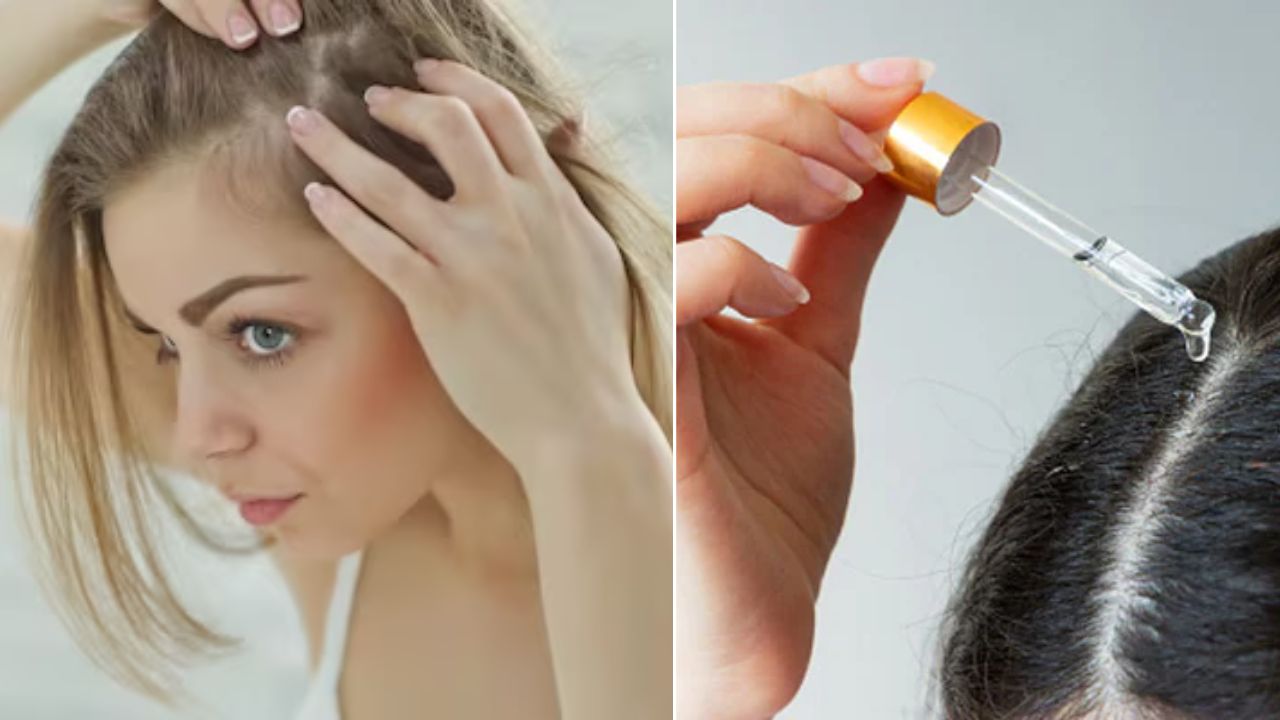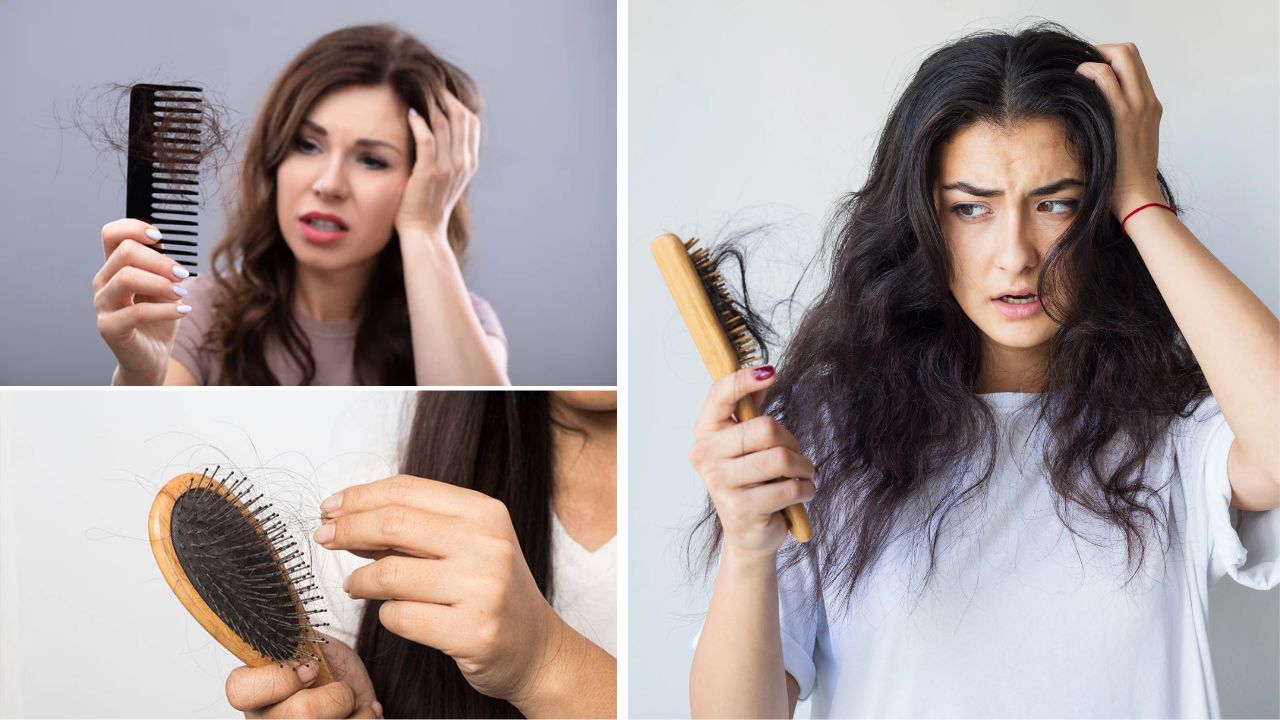Oily Scalp and Hair Fall in Monsoon: Effective Ways to Combat It
The monsoon season often brings an increase in oily scalp issues. Maintaining extra care for your hair, especially if it's oily, becomes crucial during this time. Changes in weather often lead to increased humidity, which can affect both your health and your hair. Many women experience hair loss during the monsoon, along with breakage due to the increased moisture. Therefore, good hair care is paramount during this season. If you are facing such problems, consider adjusting your hair care routine. Instead of following the usual routine, incorporate elements into your diet that provide nourishment and prevent hair fall.
Correct Oil Application Technique:
During monsoon, many people reduce the use of oil on their hair, which is incorrect. Apply oil to your hair at least twice a week. Apply oil two hours before you plan to wash your hair. You can mix a few drops of peppermint oil with coconut oil for application. This mixture helps to open up the pores of the scalp. After applying the oil for 4 to 5 minutes, tie your hair loosely. If peppermint oil doesn't suit you, you can use another essential oil. After applying oil, you can also steam your hair with a warm towel. Try this process while applying oil to your hair throughout the week.
Avoid Bathing in Rainwater:
While everyone enjoys the rain, bathing in it is not advisable, especially if your scalp is oily. The acidity of rainwater disrupts the pH balance of your scalp, which can exacerbate hair fall. If you've been caught in the rain, ensure to wash your hair with shampoo as soon as you get home. This helps remove accumulated dirt from your hair. If your hair loss is severe, choose herbal shampoos over chemical ones. Try to keep your hair as free from chemicals as possible.
Using Hair Packs:
Homemade hair packs are an essential part of everyone's hair care routine. Use them during the monsoon to keep your hair healthy. Nowadays, many people experience increased hair fall during the application and washing of hair packs. In such cases, use hair packs made from flowers or leaves. These easily wash off the hair and also reduce hair fall. If you have tried various hair packs without seeing any benefit, simply apply aloe vera gel to your scalp and rinse with normal water. While washing, ensure to massage your scalp thoroughly with your fingers to ensure proper cleaning.

Use Clean, Dry Towels:
Use clean and dry towels instead of dirty ones after washing your hair. Also, ensure that your pillowcases and bedsheets are clean, especially if your scalp is oily. Using dirty and damp items can cause scalp irritation due to constant moisture, weakening hair follicles and increasing hair fall.
Allow Hair to Air Dry:
If your scalp is oily, minimize the use of chemical products and electrical appliances on your hair. Avoid using a hair dryer or other appliances to dry your hair. Let it air dry naturally. Also, never tie wet hair. Let it completely dry before tying it up. Furthermore, avoid leaving it open all the time, as dust and dirt readily stick to an oily scalp, weakening the hair.
Use Dry Shampoo in Emergencies:
If your hair gets wet while going out, keep a mini spray with you. Then, take some paper towels and press your roots as much as possible. Once the hair is half-dry, spray dry shampoo on it. Remember not to spray it directly onto your scalp. Wash your hair with shampoo when you get home.
Cover Your Hair Properly:
Even if it isn't raining continuously, the weather can still cause hair fall. If you want to protect your hair from falling out, wrap a good scarf around your head. This will protect not only your hair but also your scalp. Along with these tips, pay attention to your diet. If your scalp is oily, consume healthy and nutritious food instead of oily and unhealthy food. Following these tips can help reduce hair fall during the monsoon season.






